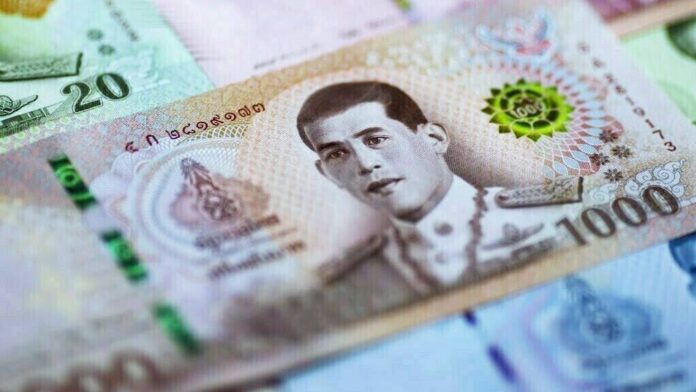High household debt crisis in Thailand is leading to bankruptcy, suicides, and crimes. Low interest rates encourage irresponsible borrowing. State-owned banks and loan sharks are involved. Some positive signs in employment sector.
The crisis of high household debt in Thailand
The crisis of high household debt is casting a dark shadow over Thai society, with over a million people on the edge of bankruptcy, some resorting to extreme measures like suicide or crimes, and many suffering from mental breakdowns. The problem has been exacerbated since the onset of the COVID-19 pandemic, leading to a sharp increase in the household debt-to-GDP ratio, currently standing at 91 percent. Household debt reached 16.2 trillion baht in the third quarter of 2023, reflecting a 3.3 percent increase compared to the previous year.
Contributing factors and consequences
Low-interest rates have encouraged excessive borrowing, with financial institutions providing appealing but risky loan options, leading to personal and car hire-purchase loans. Influencers on social media have also played a role in promoting consumerism beyond individuals’ means, contributing to the financial strain. The Bank of Thailand has implemented guidelines for responsible lending to mitigate the crisis, but there are concerns about the effectiveness of debt restructuring efforts and the prevalence of loan sharks charging exorbitant interest rates to desperate borrowers.


